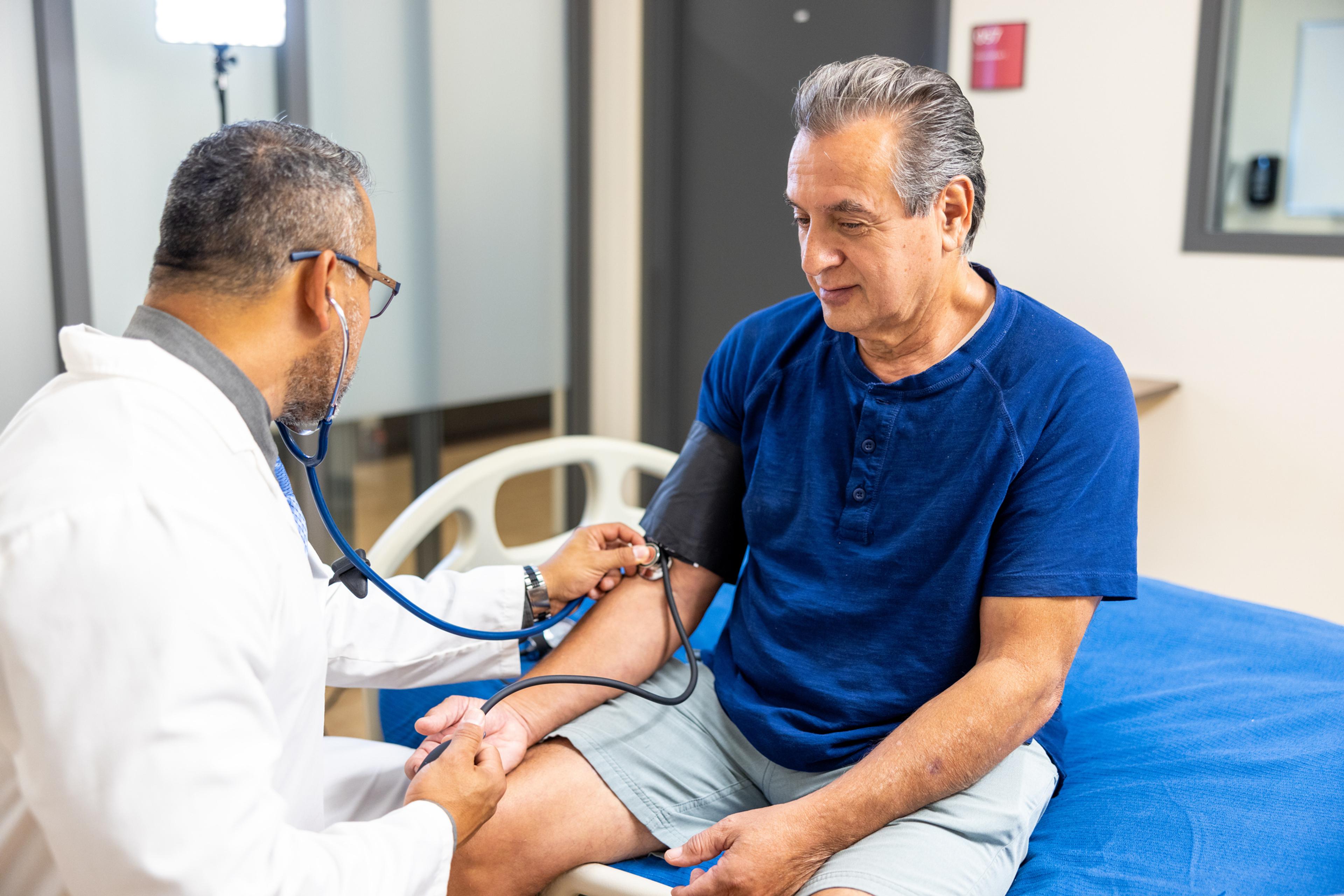Is a Mental Health Crisis on the Horizon? Factors Related to COVID-19 Make it Likely
Julie Bitely
| 4 min read

COVID-19 is a “before and after” event, says Mark Eastburg, President and CEO, Pine Rest Christian Mental Health Services, on the scale of 9/11 and other national tragedies. In April, the organization released a report warning that without taking action, a mental health crisis is likely “as a result of the aftershocks of COVID-19.” Pine Rest professionals examined past large-scale traumas to get a clearer picture of what could be in store. “The research literature indicates that the impact of economic downturn, isolation/quarantine, increased substance use, insomnia, and lack of community gatekeepers, among other factors, could all lead to increased deaths by suicide – unless we act,” the report states. Eastburg said as the 4th-largest provider of behavioral health services in the country, it was important that Pine Rest be prepared and start a dialogue to raise awareness and spark action. “We hope that the report is wrong and that it overestimates the impact of COVID-19 on behavioral health needs,” Eastburg said. But it does appear the pandemic is increasing demand for mental health support. Calls to national suicide hotlines have increased an average of 47%, with some crisis lines experiencing a 300% increase in calls, according to the report. Factors that could increase the risk for suicide in Michigan and elsewhere include:
- Economic distress: Many people in Michigan have temporarily or permanently lost their jobs. For every percentage point increase in unemployment, suicide rates are shown to increase 1.3%.
- Isolation/quarantine: While staying home and social distancing have helped slow the spread of COVID-19, according to the report, living alone and felt loneliness are strong predictors of suicidal thoughts and suicide attempts.
- Increased substance use: Many supports people with substance use disorder turned to before the pandemic could be harder to access, making a reoccurrence of using substances more likely. Suicide data indicates that 17-24% of those who die are acutely intoxicated at the time of death. People with alcohol dependence have a higher lifetime risk of suicide death when compared to people diagnosed with bipolar disorder, depression or psychotic disorders. For people with existing substance use disorders, unemployment raises the risk for increased substance use.
- Other factors: Insomnia and sleep disorders related to COVID-19, a lack of community gatekeepers, physical health problems related to COVID-19 and increased access to firearms are other factors listed in the report that could lead to increased suicide rates directly tied to the pandemic.
People at high risk for needing increased behavioral health care include health care providers, surviving caregivers, older adults, children and adolescents, the LGBTQ community, people with pre-existing mental illness, children and adolescents with autism spectrum disorder and people at risk for domestic violence. In order to head off the report’s warnings, Eastburg said steps need to be taken to improve access to behavioral health care. He said increased acceptance and utilization of telehealth is a silver lining of the pandemic and was encouraged that health insurers such as Blue Cross Blue Shield of Michigan worked with Pine Rest to ensure a partial hospitalization program could be run virtually. Blue Cross is reimbursing for the virtual treatment model and others like it. Raising awareness of the availability and importance of mental health services was one aim of the report and Eastburg was encouraged that many media outlets picked up on the story. He said an increased number of people seeking services through Pine Rest are presenting with more complaints of broad stress-related problems, specific financial stressors, and marital and relationship problems. “Put another way, (counselors) are hearing the kinds of things we would expect to hear given COVID-related societal upheaval, without specific reference to the disease,” Eastburg explained. He’s hopeful that many more will seek treatment if they need it and that steps can be taken to link up those in need with services. The move by insurers to suspend co-pays is another step Eastburg said will help those seeking help as oftentimes, seeking care for mental health is prioritized below other needs. Studies have shown that the primary reported barrier to behavioral health services is perceived affordability. Workforce development efforts fixing gaps in critical behavioral health infrastructure are other steps needed according to the report. Seek help for you or someone you know by calling:
- National Prevention Suicide Lifeline: 1-800-273-TALK (8255)
- National Hopeline Network: 1-800-SUICIDE (1-800-784-2433)
Blue Cross has supported mental health access during the pandemic in the following ways:
- BCBSM and Behavioral Health Professionals Create Free Virtual Therapy Programs
- BCBSM Works with Providers to Launch Home-Based Substance Use Disorder Treatments
- BCBSM, BCN Extend No-Cost Telehealth Services to June 30, Including Behavioral Health
Related:
- Be Focused About Caring for Your Mental Health
- Online Support for People with Substance Use Disorders
- Mental Health Does Not Shelter in Place
Photo credit: Fat Camera





